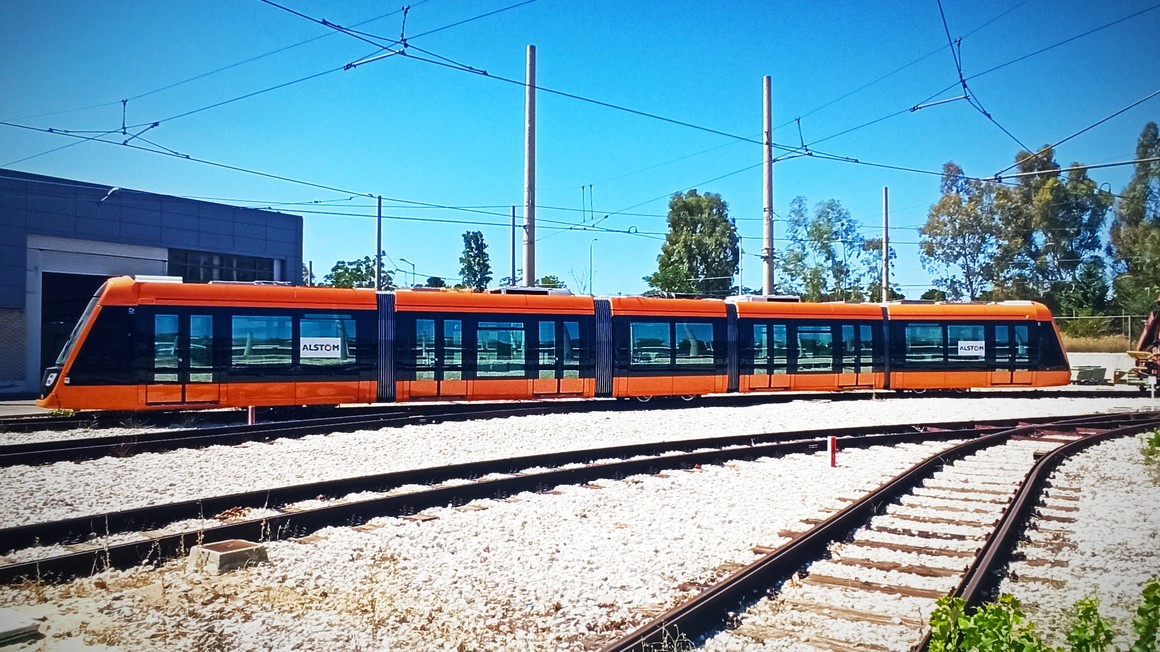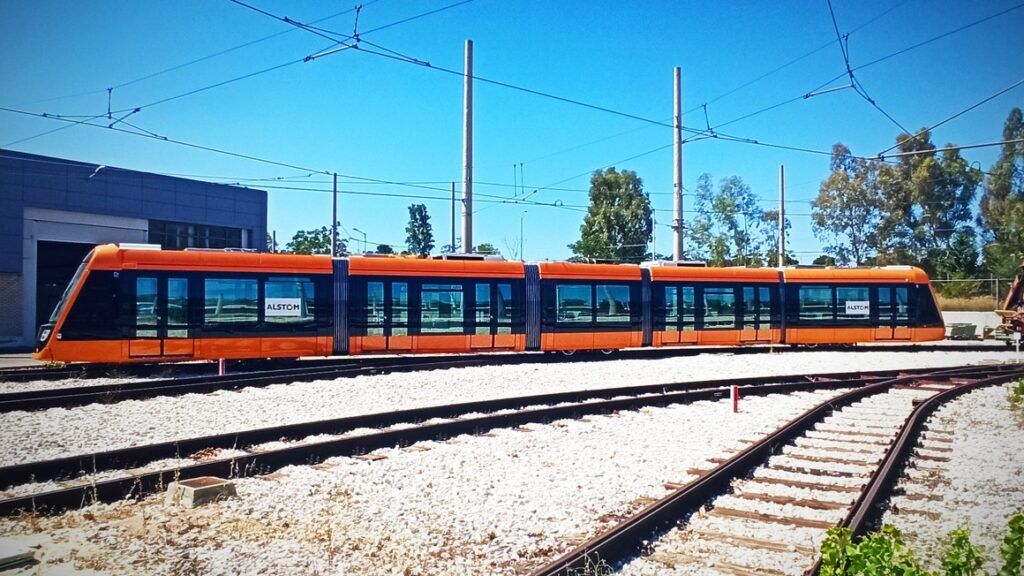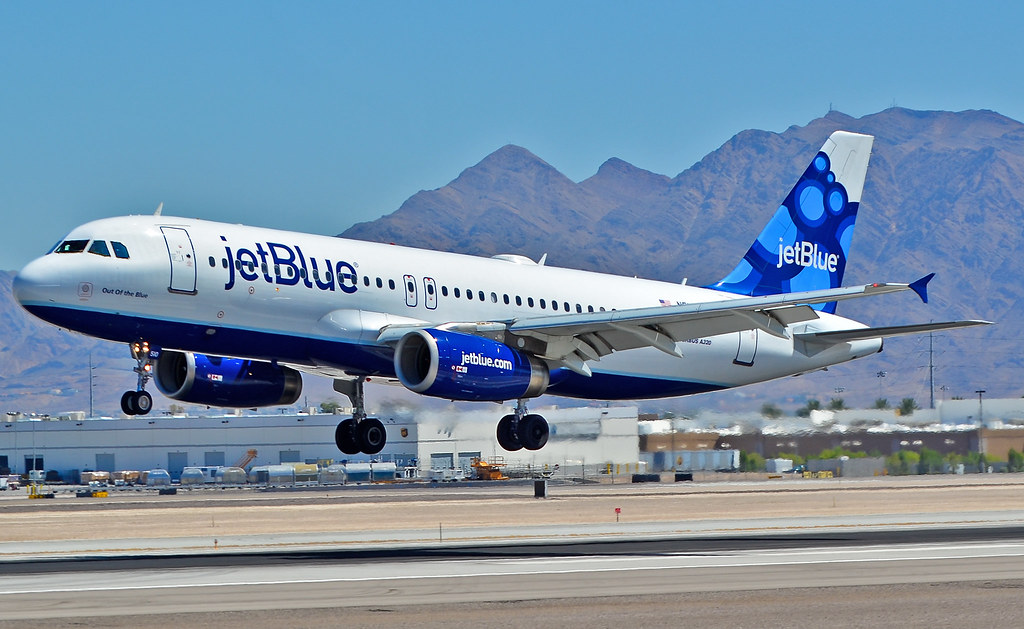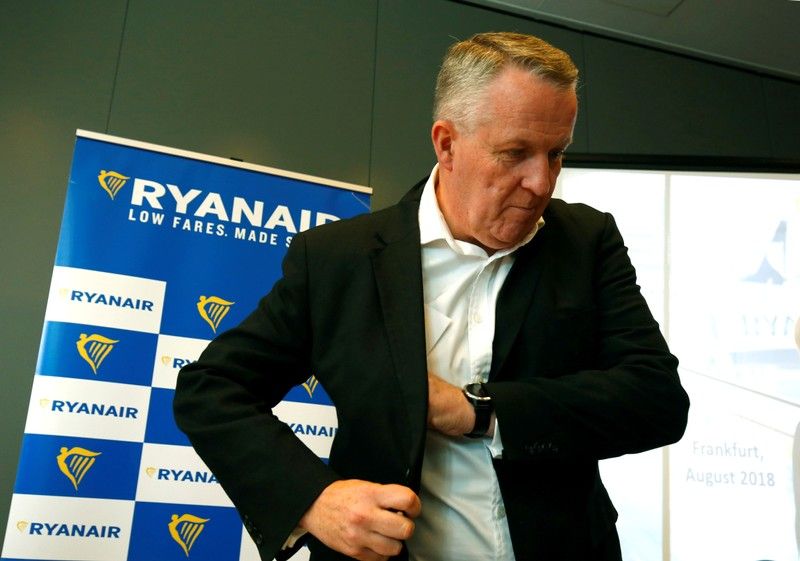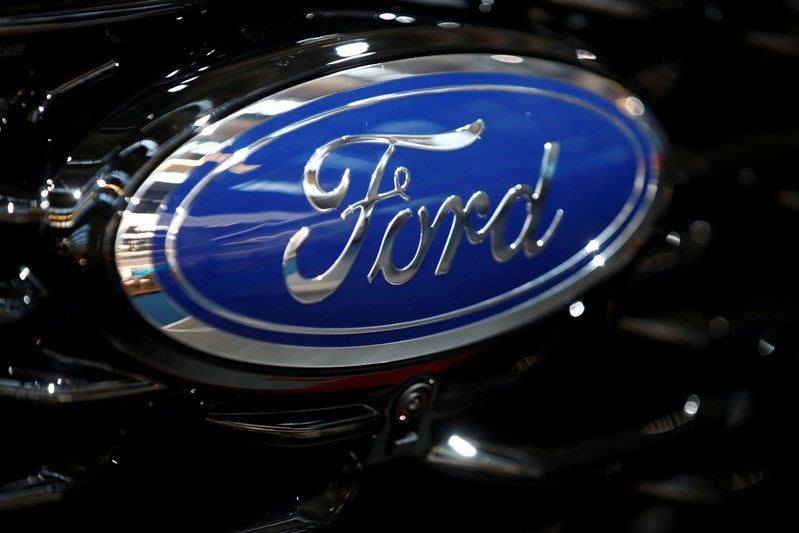East Camden, Arkansas, October 26, 2023, PRNewswire – Raytheon, an RTX (NYSE: RTX) business, in partnership with Rafael Advanced Defense Systems, will build a manufacturing facility in East Camden, Arkansas to produce the Tamir missile for the Iron Dome Weapon System and its U.S. variant, SkyHunter®.
Through the established Raytheon-Rafael Area Protection Systems joint venture, the companies have committed to a $33 million capital investment to establish the new facility. Once operational, the facility will produce missiles for the U.S. Marine Corps and other allied partners.
Raytheon and Rafael have teamed for over a decade on Iron Dome, which has more than 5,000 operational intercepts and a success rate exceeding 90%. The U.S. version of the Iron Dome Weapon System’s Tamir, SkyHunter, is a medium-range air defense weapon designed to counter a range of threats, including cruise missiles, manned and unmanned aircraft, rockets, artillery and mortars. SkyHunter missiles will be produced for the U.S. Marine Corps Medium Range Intercept Capability, or MRIC, program.
The joint venture plans to break ground on the new facility before the end of the year with the intent to begin missile production in 2025.


